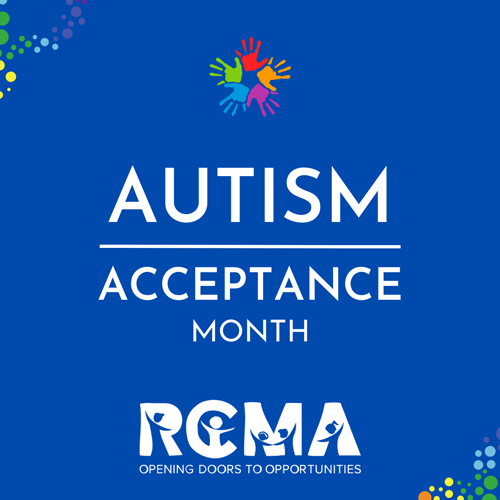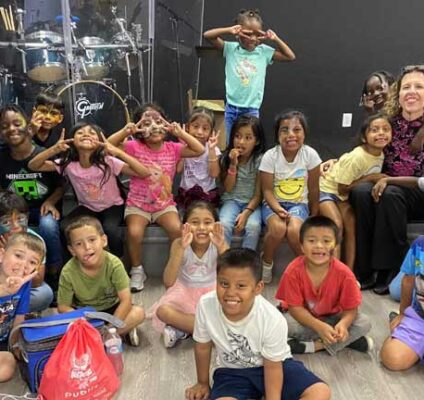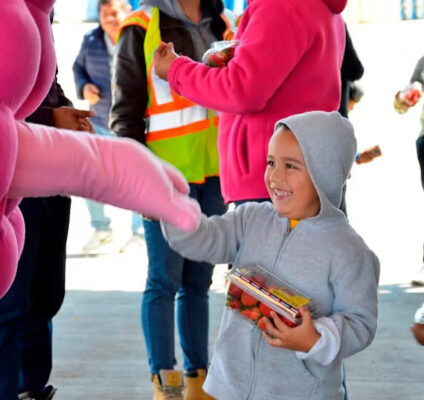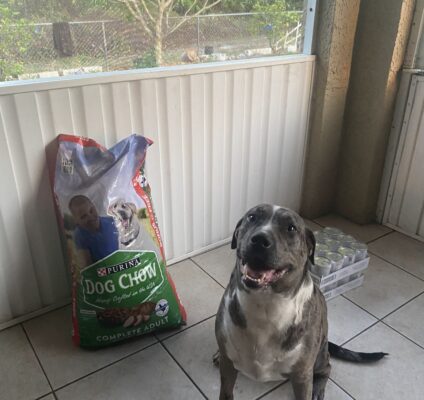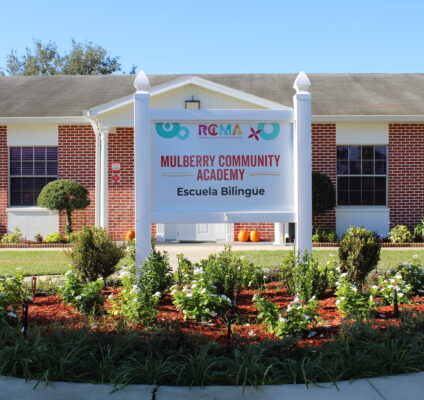April is Autism Acceptance Month. Autism is a developmental disability that typically appears during the first three years of life. The result of a neurological disorder that affects brain function, autism occurs in approximately 1 of every 59 individuals. At RCMA, autism is the third most diagnosed disability that we serve.
“Luis” is a child with autism that attends the Timber Ridge Center in Immokalee. When he first enrolled in RCMA his biggest concerns were in the area of social interaction skills and communication. He did not respond to his name or make eye contact, and he wouldn’t notice his peers when they were playing near him nor would he try and join them in play. During play, Luis would line up toys or other objects and would get upset if the order was changed. He did not use gestures or words but instead would flap his hands, giggle, and get upset about minor changes. Potty training was also a concern. His mother struggled not knowing how to respond to her son’s needs.
Getting an autism diagnosis for Luis was a team effort, with his loving and concerned parents leading the way. Others included his pediatrician, the Timber Ridge staff, the inclusion manager, and his neurologist. Once he received the autism diagnosis, Luis started receiving Applied Behavioral Analysis (ABA) therapy. ABA focuses on using positive reinforcement to improve behavioral, social, communication, and learning skills. Accommodations and modifications were implemented to meet Luis’s needs such as using a weighted blanket at nap time, providing sensory items for him to use, using visual supports to help Luis understand the routine and schedule, and using simple sign language for his basic wants and needs. Toys and materials that interested Luis were also provided to the teachers to use in the classroom.
Today, both his parents and the center staff are seeing tremendous growth and progress in Luis with the assistance of services. Now, he knows how to say all his letters, including writing most of them. He counts numbers from 1-14 and 30 backward. He also knows the majority of his sight words from speech therapy. Luis is slowly using 2-word phrases and using polite commands with his surroundings. He’s also making eye contact with people, playing with his classmates, and participating in imaginary play. In self-care, Luis can wash his hands, brush his teeth, toilet train, change clothes when needed, and clean up after himself.
We know Luis will continue to grow and progress with continued therapy, help from his teachers, and the love and guidance from his parents.
